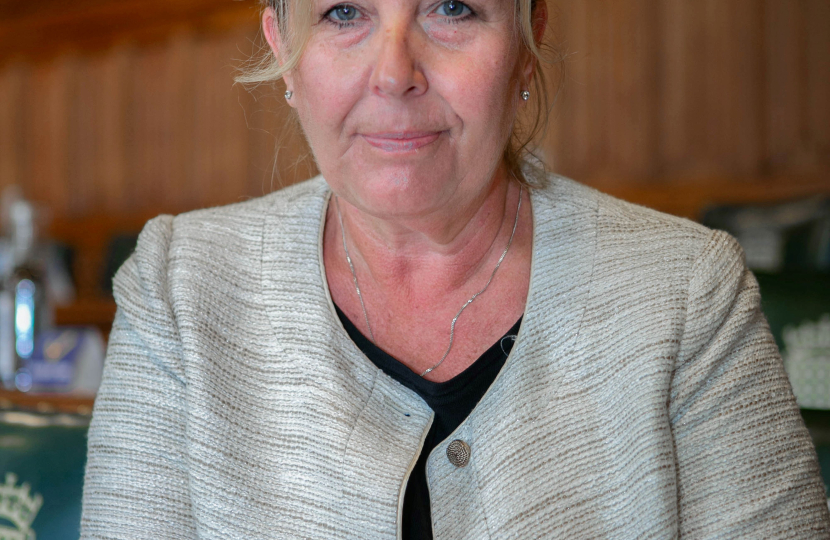
Israel has the right to defend itself against Hamas. However, there must be a reduction in civilian casualties and the Government wants to see Israel take greater care to limit its operations to military targets and avoid harming civilians and destroying homes.
For a ceasefire to be sustainable, the conditions need to be in place for it not to collapse within a few days. Leaving Hamas in power would be a permanent roadblock to a two-state solution and no ceasefire would last if hostages are still being held and rockets continue to be launched at Israel. A sustainable ceasefire must mean that Hamas, a proscribed terrorist organisation, is no longer there, releases the hostages, or able to threaten Israel with rocket attacks and other forms of terrorism.
South Africa has filed a case against Israel at the International Court of Justice (ICJ). However, the Government believes that this development is unhelpful and does not support it. Israel has the right to defend itself against Hamas but must act within international humanitarian law. Calling this a genocide is not the right approach. The UK’s long-standing position is that it is for courts to decide on matters of genocide, not for states. It continues to respect the role and independence of the ICJ.
With regard to UNWRA, I am appalled by allegations that any agency staff were involved in the 7 October attack against Israel, a heinous act of terrorism. The UK wants UNRWA to give detailed undertakings about changes in personnel, policy and precedents to ensure this can never happen again. Please be assured that the UK Government is working with allies to bring this situation to a rapid conclusion- not least because UNRWA have a vital role to play in providing aid and services in Gaza.
The decision to pause future funding to UNRWA has no impact on the UK's contribution to the humanitarian response, and the UK remains wholly committed to alleviating the suffering in Gaza. The Government is getting on with aid delivery and funding multiple implementation partners including other UN agencies and international and UK NGOs. In October, the Prime Minister announced £10 million in aid spending for the Occupied Palestinian Territories (OPTs), bringing UK support to more than £100 million in the last year. We have trebled our aid commitment to the OPTs, and funding has supported partners including the British Red Cross, UNICEF, the UN World Food Programme (WFP) and Egyptian Red Crescent Society to deliver vital supplies. The UK’s largest delivery of aid so far (more than 2,000 tonnes of food) crossed the border on the 20th of March, and was distributed by the WFP. This adds to the 150 tonnes of UK-funded relief items including blankets and tents, which arrived on the 13th of March. In addition, a full UK field hospital (run by UK-Med) is providing life-saving care in Gaza.